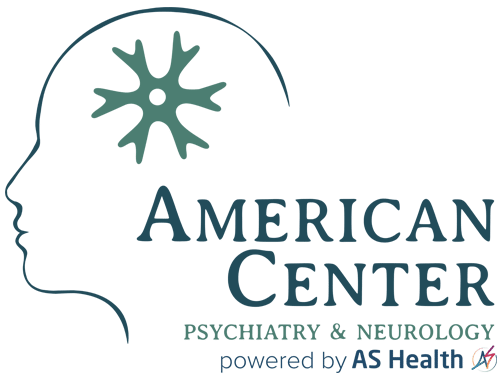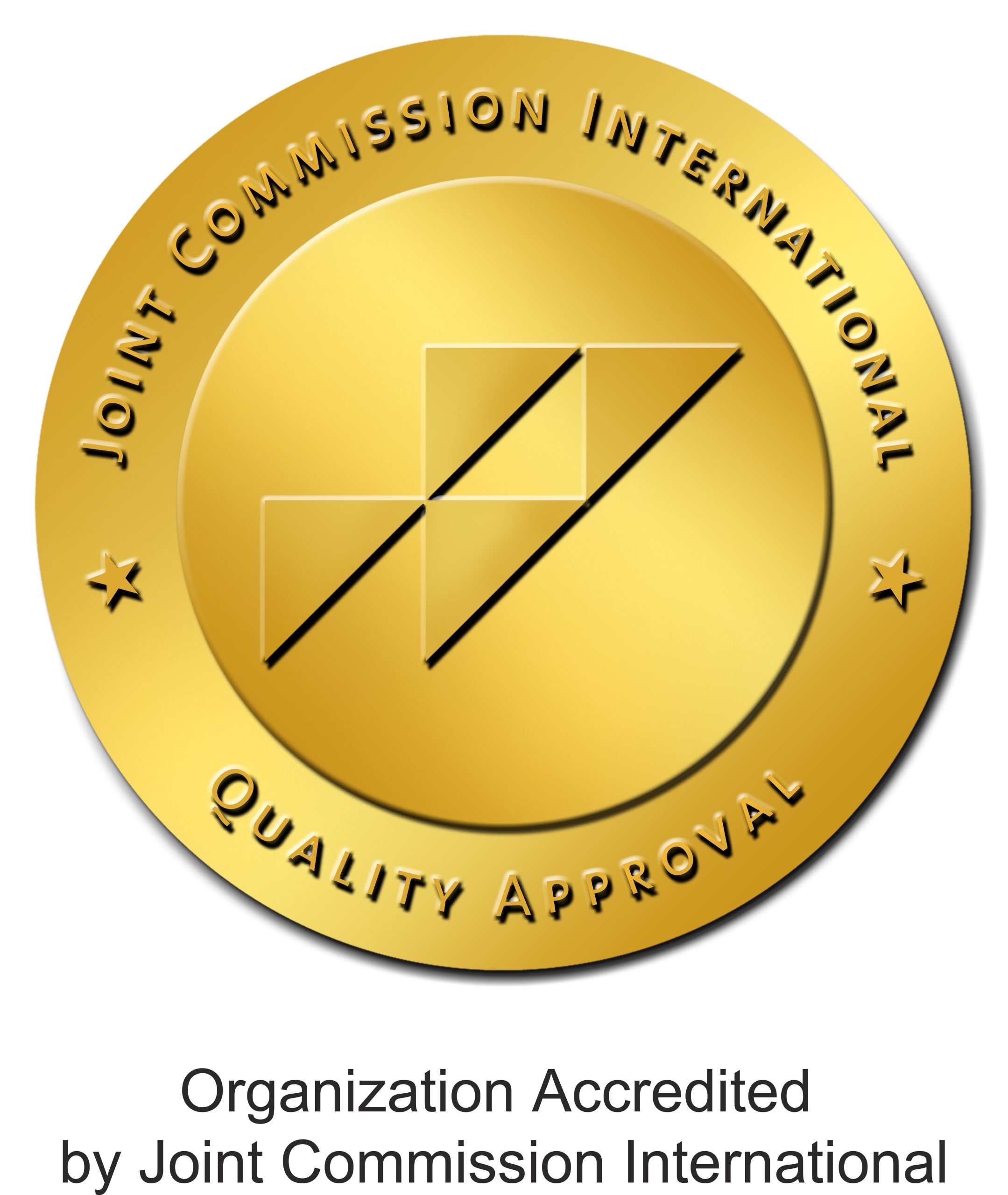It’s not uncommon for children to exhibit sudden, repetitive movements or sounds — but when these tics become frequent, persistent, or interfere with daily life, they may indicate a neurological condition that requires attention. Tics can range from harmless, temporary habits to symptoms of underlying neurological disorders such as Tourette’s syndrome or other motor disorders.
At the American Center for Psychiatry and Neurology, our experienced team of pediatric neurologists in Abu Dhabi, provide comprehensive evaluations and care for children with tics and involuntary movements.
What Are Tics?
Tics are sudden, rapid, and repetitive movements or vocalizations that are difficult for a child to control. They are typically classified into two types:
- Motor tics: Physical movements such as blinking, head jerking, shoulder shrugging, or facial grimacing.
- Vocal tics: Sounds such as throat clearing, grunting, sniffing, or repeating certain words.
Tics are more common in boys than girls and often appear between the ages of 5 and 10.
Causes of Tics and Involuntary Movements
- Transient tic disorder: Tics that last for less than a year and often resolve on their own.
- Chronic tic disorder: Tics that persist for more than a year and may need medical evaluation.
- Tourette’s syndrome: A neurological disorder characterized by multiple motor tics and at least one vocal tic lasting over a year.
- Stress or anxiety: Emotional stress can worsen or trigger tics.
- Genetic factors: Family history of tics or neurological conditions can increase the likelihood.
- Other neurological conditions: Tics may also be related to ADHD, obsessive-compulsive disorder (OCD), or autism.
Signs Parents Should Watch For
If you notice your child exhibiting any of the following, consult the best pediatric neurologist in Abu Dhabi:
- Repetitive movements like blinking, head tilts, or shoulder jerks
- Sudden vocal outbursts such as throat clearing, humming, or squeaking
- Difficulty controlling these movements or sounds, even when trying to suppress them
- Tics that worsen with stress, fatigue, or excitement
- Interference with school performance or social interactions
- Emotional distress or frustration about the tics
When to See a Pediatric Neurologist?
While some tics are temporary, you should consult a pediatric neurologist in Abu Dhabi if:
- Tics persist for more than 6 months
- The movements are intense, frequent, or painful
- Tics are accompanied by behavioral challenges or learning difficulties
- There’s a family history of neurological conditions
- Your child feels embarrassed or is being teased at school due to tics
How Pediatric Neurologists Diagnose Tics and Movement Disorders
At the American Center for Psychiatry and Neurology, diagnosis includes:
- Detailed medical and developmental history
- Observation of tic frequency and patterns
- Neurological and behavioral assessments
- Evaluation for co-existing conditions like ADHD or OCD
- In rare cases, imaging or blood tests to rule out other neurological causes
Treatment Options for Tics and Involuntary Movements in Children
1. Behavioral Therapy
Comprehensive Behavioral Intervention for Tics (CBIT) is an evidence-based therapy that helps children manage tics through habit reversal techniques and stress management.
2. Medications
In severe cases, pediatric neurologists may prescribe medications to reduce tic severity.
3. Stress Management and Relaxation Techniques
Yoga, meditation, and breathing exercises can help reduce tic frequency triggered by stress.
4. School Support
Our specialists collaborate with schools to provide accommodations and reduce anxiety associated with tics.
5. Parental Guidance
We coach parents on how to respond calmly and supportively to tics without drawing unnecessary attention.
Can Children Outgrow Tics?
Yes. Many children experience tics that improve or disappear as they grow older. However, for others — particularly those with Tourette’s syndrome — tics can continue into adolescence and adulthood, making ongoing support from a child neurology clinic in Abu Dhabi, essential.
How the American Center for Psychiatry and Neurology Can Help
Our expert pediatric neurologists in Abu Dhabi offer:
- Accurate diagnosis and evaluation of tic disorders
- Personalized treatment plans, including therapy and medication when needed
- Coordination with psychologists, occupational therapists, and educators
- Long-term monitoring and support for both children and parents
Conclusion
Tics and involuntary movements can be challenging for children and their families, but with the right medical care and support, they can be effectively managed. If your child is experiencing persistent tics or unusual movements, schedule a consultation with the best pediatric neurologist in Abu Dhabi or visit a child neurology clinic in UAE today. At the American Center for Psychiatry and Neurology, we’re here to help your child gain confidence, comfort, and control over their body and life.



